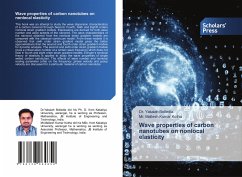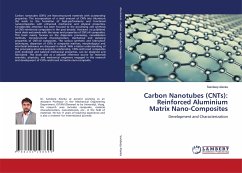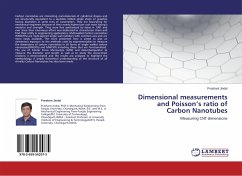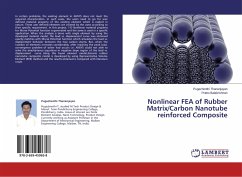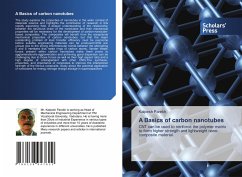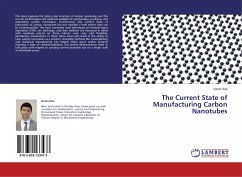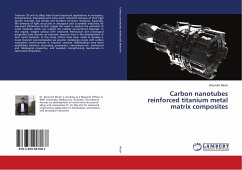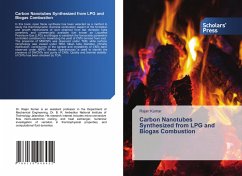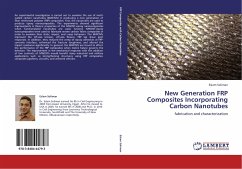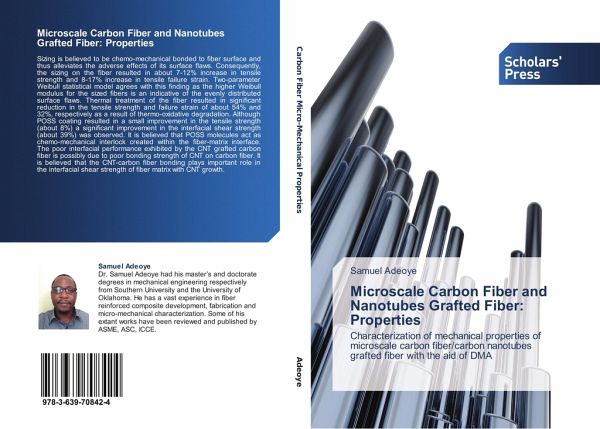
Microscale Carbon Fiber and Nanotubes Grafted Fiber: Properties
Characterization of mechanical properties of microscale carbon fiber/carbon nanotubes grafted fiber with the aid of DMA
Versandkostenfrei!
Versandfertig in 1-2 Wochen
52,99 €
inkl. MwSt.

PAYBACK Punkte
26 °P sammeln!
Sizing is believed to be chemo-mechanical bonded to fiber surface and thus alleviates the adverse effects of its surface flaws. Consequently, the sizing on the fiber resulted in about 7-12% increase in tensile strength and 8-17% increase in tensile failure strain. Two-parameter Weibull statistical model agrees with this finding as the higher Weibull modulus for the sized fibers is an indicative of the evenly distributed surface flaws. Thermal treatment of the fiber resulted in significant reduction in the tensile strength and failure strain of about 54% and 32%, respectively as a result of the...
Sizing is believed to be chemo-mechanical bonded to fiber surface and thus alleviates the adverse effects of its surface flaws. Consequently, the sizing on the fiber resulted in about 7-12% increase in tensile strength and 8-17% increase in tensile failure strain. Two-parameter Weibull statistical model agrees with this finding as the higher Weibull modulus for the sized fibers is an indicative of the evenly distributed surface flaws. Thermal treatment of the fiber resulted in significant reduction in the tensile strength and failure strain of about 54% and 32%, respectively as a result of thermo-oxidative degradation. Although POSS coating resulted in a small improvement in the tensile strength (about 8%) a significant improvement in the interfacial shear strength (about 39%) was observed. It is believed that POSS molecules act as chemo-mechanical interlock created within the fiber-matrix interface. The poor interfacial performance exhibited by the CNT grafted carbon fiber is possibly due to poor bonding strength of CNT on carbon fiber. It is believed that the CNT-carbon fiber bonding plays important role in the interfacial shear strength of fiber matrix with CNT growth.



